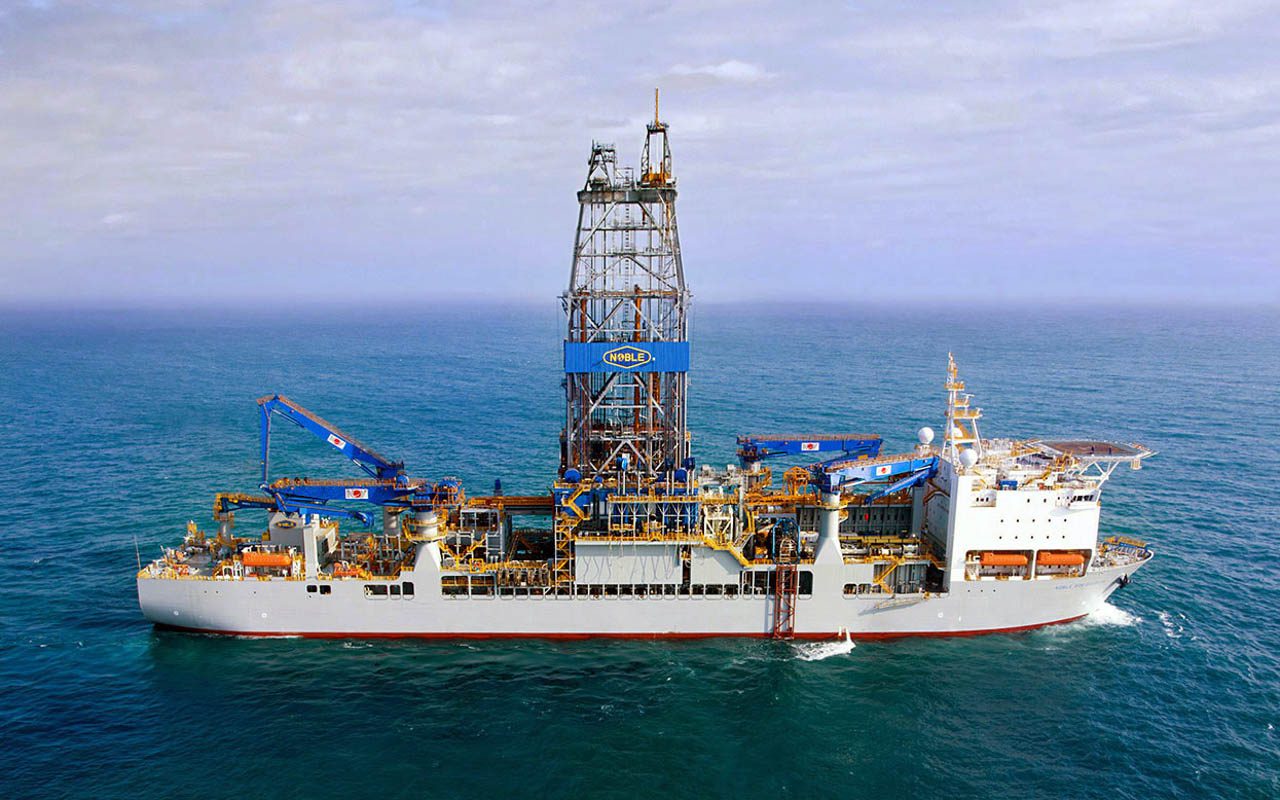ExxonMobil Guyana is expected to test the gas potential of the Stabroek Block with the aim of having such resources potentially underpin an independent project.
During a recent energy conference, Chief Executive Officer of Hess Corporation, John Hess said the partners plan to head into other parts of the block which has more gas and liquids. Most of the 11 billion barrels of oil equivalent found in the Stabroek Block has been in the southeastern section.
Hess said the intent is to “really start to calibrate how much gas we have there,” adding, “That’s not something that we’re going to develop in the next several years. But we want to size that so we might have a potential development there in the outer years.”
He was keen to note that the ExxonMobil-led consortium has up to 2027 to continue its exploration works. He said the gas test would be done within that time frame.
Much of Guyana’s 17 trillion cubic feet of gas at southeastern part of Stabroek Block | OilNOW
At a separate engagement with members of the media, Guyana’s Vice President, Dr. Bharrat Jagdeo confirmed that an extension of one year was granted to the Exxon-led consortium for its exploration activities since they were severely affected during 2020, the height of the COVID-19 pandemic.
The development of gas has been part of the government’s clean energy agenda hence it has encouraged the partners to conduct a gas utilisation study. This was in keeping with the requirements of the production license for the Yellowtail project.
The study, which was conducted by Exxon, examines the associated and non-associated gas available from all approved petroleum production licences (i.e: Liza 1, Liza 2, Payara and Yellowtail) and discovered resources in the Stabroek Block.
Guyana’s gas strategy will explore opportunity for joint development with Suriname | OilNOW
This study which was completed and submitted to the government was required to consider over the short, medium and long term, a forecast of potential gas production for export from the FPSOs and the expected use that gas will be put to.
The study also considered scenarios for the demand that might be expected for gas sales locally, in South America, regionally and internationally; as well as the cost and feasibility of gas export as liquefied natural gas (LNG) and liquefied petroleum gas (LPG).



